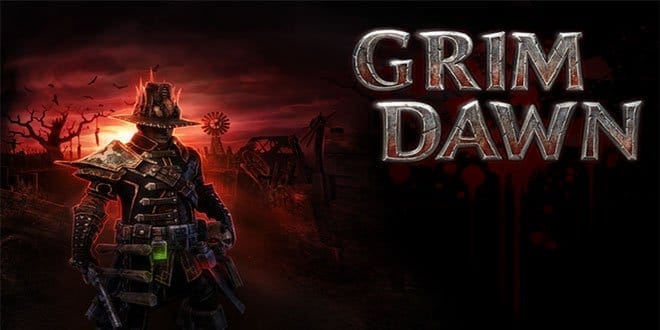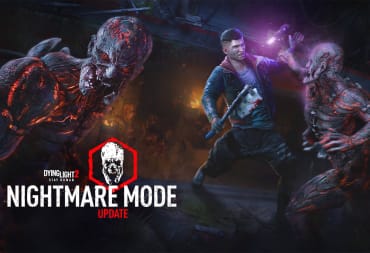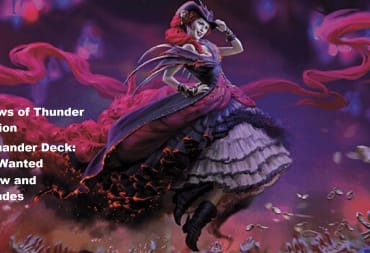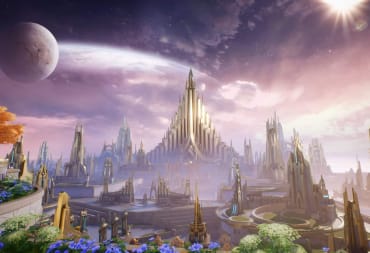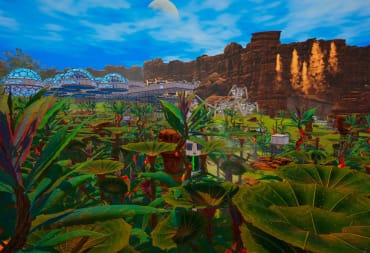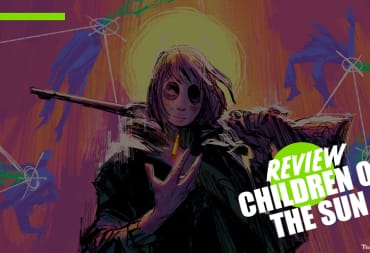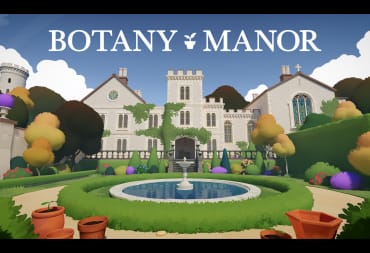Much like RTS games, the Action RPG (or ARPG) genre has been nearly comatose in recent years. The amount of high profile entries in the genre that have been released within the last decade can be counted on one hand, with actual progress and innovation within the genre either glacial or nonexistent. Blizzard could take Diablo II, give it an HD upgrade, update a few of its systems, and the end result would be a game that towers over the entire genre. That is both impressive and depressing.
All told, Grim Dawn is an above average ARPG. Were this nearly every other genre this would be paramount to a death sentence, but with there being so few games of Grim Dawn’s ilk to compete with, Grim Dawn quite easily finds its space in the market.
To begin, Grim Dawn is the gritty modern reboot/re-imagining of Titan Quest, which was a very good ARPG that was released in 2007. However, there were a few things wrong with it, such as a very overlong and boring opening and a lack of oompf to its combat.
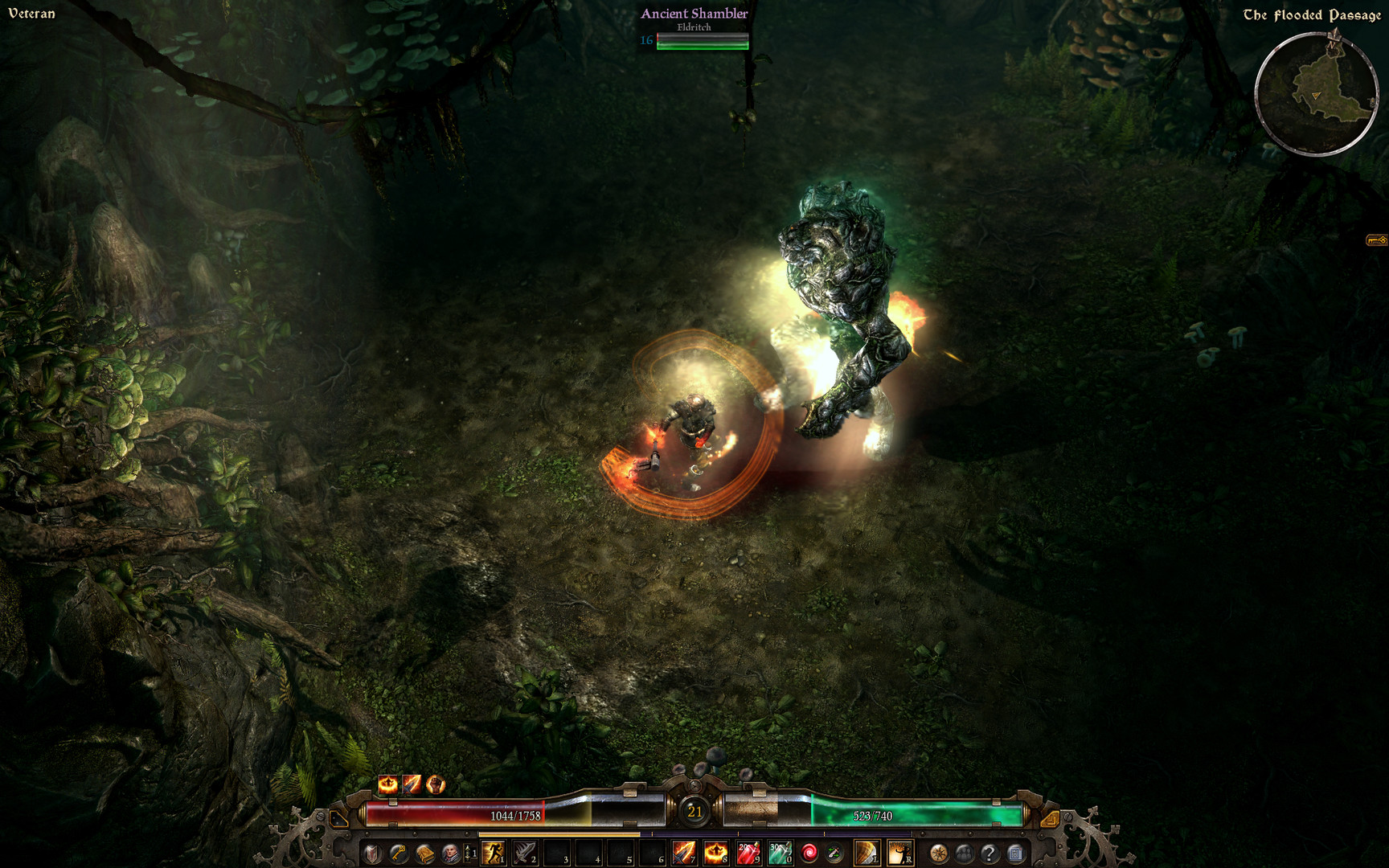
Made by some of the original developers behind Titan Quest, Grim Dawn sometimes feels like a checklist. Did this work in Titan Quest? Yes? Then keep it. Is this broken? Yes? Well, let’s fix it. Gone is the caressing tap-dance that was Titan Quest’s floaty combat, and in its place is visceral and gory combat that just feels right. Enemies fly across the screen with killed, doors explode when you hit them, spells implode with pretty colors and loud noises, and it’s all just wonderful. It is by far the best thing about Grim Dawn.
As Grim Dawn is running on the same engine as Titan Quest, some dated aspects should be expected. The graphics, which looked incredible back in 2007, now simply look acceptable to good. They have been upgraded, but there is only so much you can push out of an engine.
This brings up another point, as what doesn’t hold up well is Grim Dawn’s utilization of cores. Essentially, the engine only uses a single-core, so if you were expecting to show up with your R9 390 and 8 core CPU (like me) expecting a smooth 60 fps (frames per second) don’t. The game still runs fine, but I should not be struggling to maintain 40 fps with the system that I have. It’s not the end of the world, but an annoyance still worth mentioning.
What is lovely though, is the options menu. There’s not much to say really. Everything that one would expect from a PC release’s menu is there, and it works well. The colorblind options are also a nice touch, and it's a nice trend to see in modern gaming.
When the game begins, the player has been touched by a demon that has claimed his soul. However, this soon changes after some tense negotiation with a noose, as the demon quickly decides that he doesn’t want to hang around anymore. He abandons the player without even leaving a note, and the spurned player decides that there is only one logical response to this course of action: blood for the blood god.
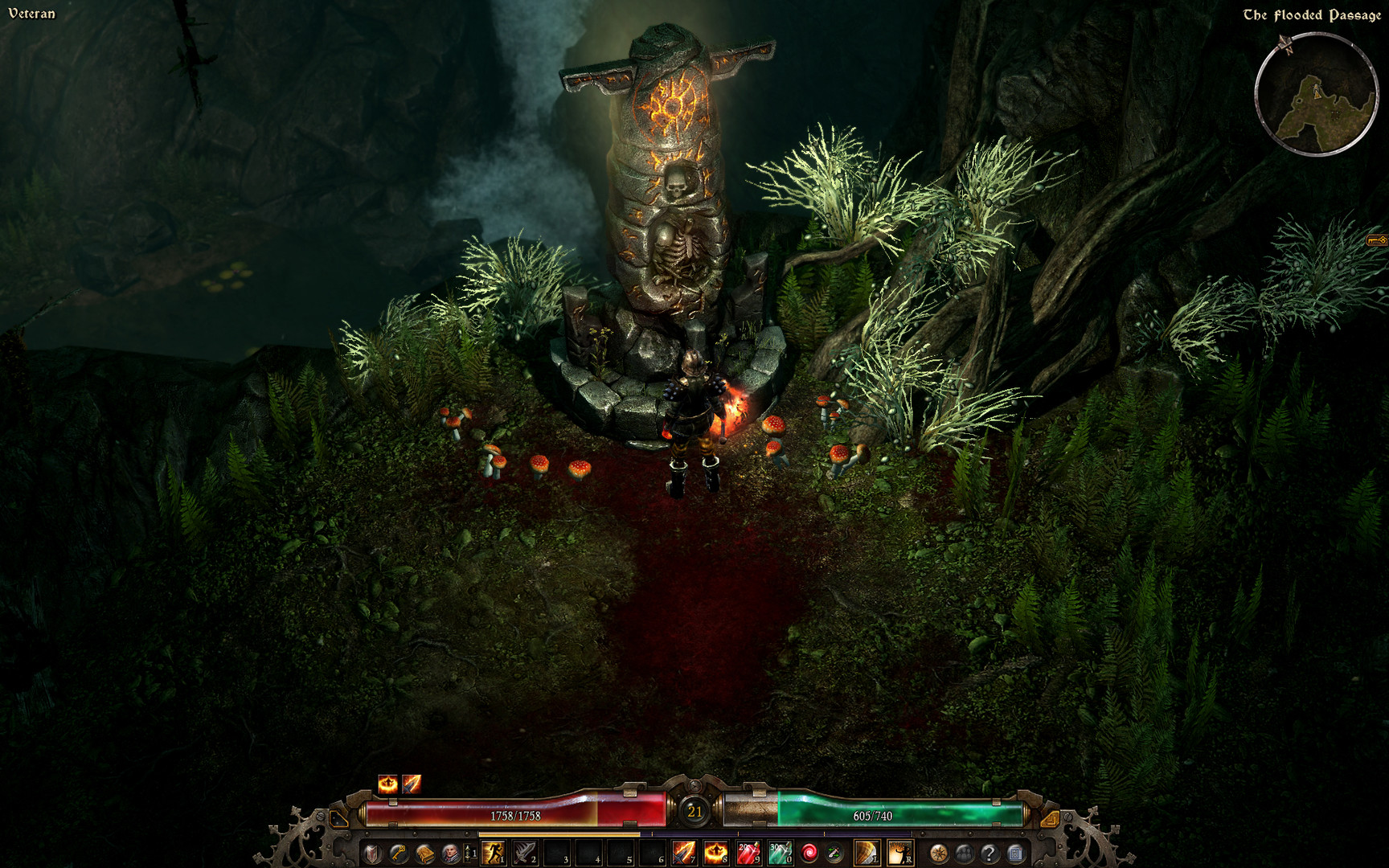
Terrible puns and red Kool-Aid aside, there really isn’t much of a story to Grim Dawn. Look, I’ll even sum it up in one sentence for you with this non-existent quote: “Ah yes, a hero, how convenient. Go do my job and kill everything you see and fetch my father’s dented and non-functional pocket watch, will you? In return for this noble act that is not at all motivated by greed, you can have some of my pocket change that annoys me with its incessant jingling.” It's essentially a never-ending amount of fetch quests and kill this or that. There's no real innovation on this front, and to be fair there doesn't have to be. Grim Dawn's story gets you to where you need to go, but don't expect to be enthralled by the story.
While the actual story is all but non-existent, there are some notes scattered around that help to fill in some of the blanks. The writing contained within the notes are actually pretty decent and are worth the effort of collecting them. However, it would have been nicer to see these notes be more impactful to the in-game story, but that’s fine. It gives backstory and helps explain the thinking behind some characters and of the entire Grim Dawn in of itself, which is all it needed to do.
Like the story, the music feels perfunctory. Listening to it on its own is fine, even slightly above average, but in-game I found that the soundtrack was frequently in the background to a disheartening extent. Yes, one doesn’t want music to blare out and overwhelm you either, but I really think the problem with the music is due to the fact nothing really stands out. It’s simply OK. It helps with the world-building and does its job, but only does what it’s expected of it. It's not memorable, which is a shame. Grim Dawn has the type of world that begs for an amazing soundtrack, and to not receive it is disappointing.
What is fantastic, however, is Grim Dawn's sound design. With a good pair of headphones or speakers, Grim Dawn fills your soundscape with the expected slams, explosions, and wails from those you are mercilessly beating upon, and it does it with gusto. Guns sound aggressive and loud, maces sound weighty and impactful, and the spells sound appropriately magical. It is a very good effort all around from those who worked on the sound design.
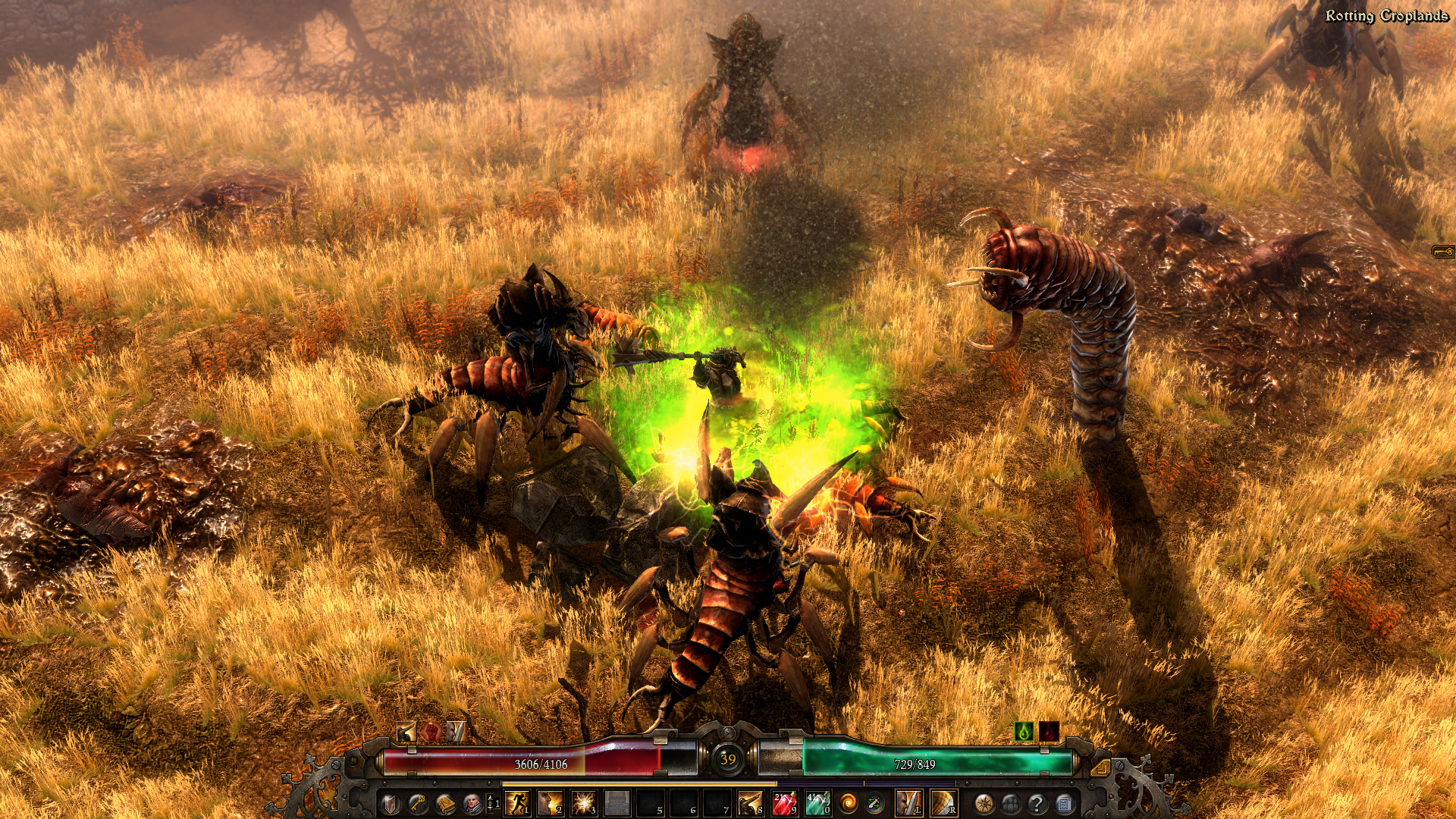
Like the sound design, the talent trees are also very well done. To begin with, there are three talent trees in Grim Dawn. Two are for the classes that players will feed points into and play with, which is the same system that was utilized in Titan Quest. It works, and it works well, another example of the "if it ain't broke, don't fix it" mentality that is evident throughout Grim Dawn. Perhaps there could have been more spells, but each spells serves a purpose and are not useless.
The third talent tree (borrowing a definition from the Grim Dawn wiki), is called Devotion, which "is a passive skill system intended to provide players with an extra level of character development. It gives access to an array of constellations that in turn grant the player new attributes and abilities." The system is quite similar to Path of Exile's talent tree system, but I found it to be a little confusing that it took some time to fully wrap my head around. While it is slightly confusing, it is quite interesting, and definitely adds a lot more customization to the player, which is always a good thing.
Overall, Grim Dawn is a game that is more than the sum of its parts. Its graphics, story, and music are not particularly impressive, but its combat is so masterful that it elevates it over almost all of its contemporaries. Those who were interested in a new ARPG title have probably already purchased it, but those that are still on the fence rest easy. This is a title that is worth its full price.
Grim Dawn was reviewed on PC via Steam with a copy purchased by the reviewer.
Review Summary
Have a tip, or want to point out something we missed? Leave a Comment or e-mail us at tips@techraptor.net
